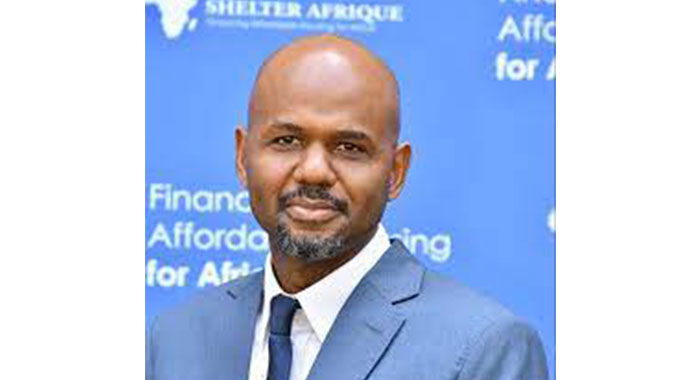The Chronicle
Stanford Chiwanga
ZIMBABWE has been making significant strides in addressing the continent’s housing deficit. With a population of over 14 million people, the country is one of the top 10 highest recipients of remittance inflows in Africa. According to World Bank statistics, in 2021, the country received US$2 billion in remittances, which is a substantial resource pool for the country’s infrastructure development, including affordable housing.
Shelter Afrique, a pan-African housing development financier, is targeting the African diaspora to enhance affordable housing delivery across the continent.
Speaking at the 25th Annual Harvard Africa Business Conference 2023 — Africa Accelerated, where he shared insights on innovative solutions for addressing Africa’s housing deficit, Shelter Afrique managing director Thierno-Habib Hann said over 170 million people of African descent that live all over the world present a formidable resource pool for the continent’s infrastructure development, including housing.
“African diaspora populations are growing, as are their savings and the scale of resources available to reinvest in their countries of origin. The World Bank estimates Africans in the diaspora save about US$53 billion per year and, in 2021, recorded remittances reached over US$95,6 billion sent to and within Africa,” Hann said.
The top 10 highest recipients of remittance inflows in Africa in 2021 include Nigeria (US$19,2 billion), Ghana (US$4,5 billion), Kenya (US$3,7 billion), Senegal (US$2,7 billion), Zimbabwe (US$2,0 billion), Democratic Republic of Congo (US$1,3 billion), Uganda (US$1,1 billion), Mali (US$1,1 billion), South Africa (US$900 million), and Togo (US$700 million).
“We are considering tapping into the diaspora to enhance affordable housing delivery by setting up diaspora bonds for affordable housing and infrastructure development, skills transfer, and leveraging on their networks and outreach,” Hann noted.
Since 2000, five African countries, including Kenya, Nigeria, Ethiopia, Ghana, and Rwanda, have issued diaspora bonds, with an estimated total diaspora population of four million individuals, or 12 percent of total African migrants. Zimbabwe can tap into this opportunity and attract the Zimbabwean diaspora to invest in affordable housing projects.
Zimbabwe’s rapid urbanisation has been a significant challenge in addressing the housing deficit. According to the UN, over 60 percent of the urban population in sub-Saharan Africa (SSA) live in areas categorised as slums and informal settlements. By 2050, the number of Africa’s urban residents is projected to increase to 1,5 billion, and Africa will pass the tipping point of 50 percent urban population around 2035.
Zimbabwe’s housing deficit is a significant indicator of Africa’s growing infrastructure gap, which can be attributed to a lack of sufficient capital to finance the delivery of affordable housing projects, lack of bankable projects, and inefficient risk allocation mechanisms. However, with the potential of the African diaspora to invest in affordable housing projects through diaspora bonds, Zimbabwe can address its housing deficit.
The African Development Bank estimates that Africa’s infrastructure needs amount to US$130-US$170 billion a year, with a financing gap in the range of US$68-US$108 billion.
Zimbabwe can play a significant role in addressing this gap by attracting the Zimbabwean diaspora to invest in affordable housing projects through diaspora bonds.
With the country’s natural resources, strategic location, and growing economy, Zimbabwe is poised to be a land of opportunities for affordable housing. — @plainsta
[email protected]




